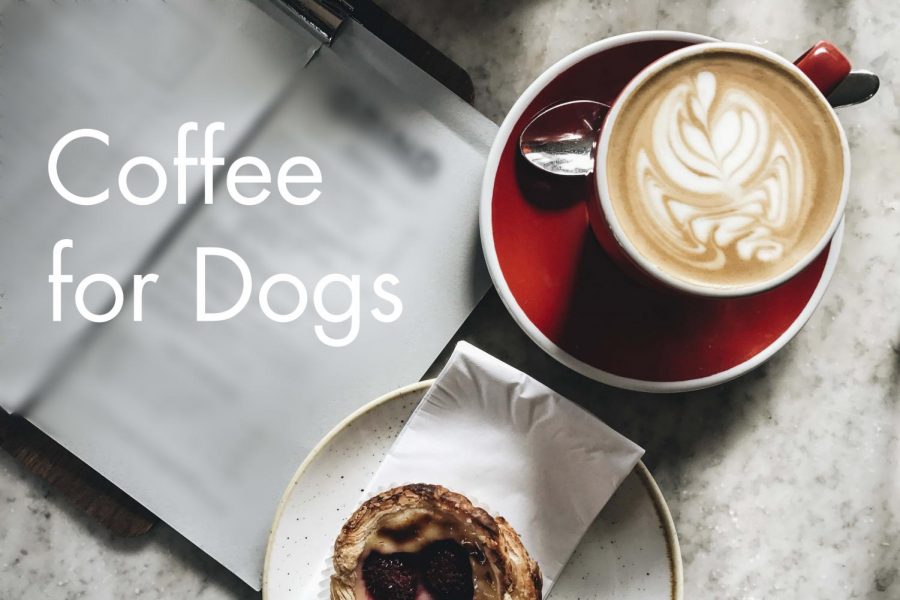Coffee For Dogs
According to National Geographic, “52 percent [of people] prefer dogs,” compared to 21 percent for cats and 27 percent undecided. And according to USA Today, “About 83 percent of adults drink coffee in the U.S.”
It is clear that Americans love dogs and coffee. Thanks to former model Agota Jakutyte, a product has recently become available to let you share your love of the caffeinated drink with your pup. It’s called Rooffee.
The Lithuanian-born business owner told Buzzfeed that the company name came from a far more innocent source than the mistaken connection to “roofies” — simply the combination of the words “roots” and” coffee.”
You would expect that coffee, or caffeine of any kind, would be toxic for man’s best friend — and you would be correct. According to the Pet Poison Hotline, if ingested, coffee is “generally moderate to severe/life-threatening” for dogs. So what is inside this product?
Rooffee, a drink for both animals and humans, is made from Nordic wild roots through holistic methods without agricultural chemicals, pesticides or caffeine. CAS senior Katrina Goldowsky-Dill questioned the drink.
“It’s kind of ridiculous that it would be called coffee,” Goldowsky-Dill said. “It’s not coffee.”
It is toted in the press release as a natural source of “minerals, vitamins, carbohydrates, fats and proteins which help to boost the immune system, detoxify the body and nourish it.” These ingredients can also help dogs lose weight through its appetite suppressing qualities.
Despite backlash for both its upsetting name and the known toxicity of coffee for dogs, the company is currently searching for funding through a Kickstarter campaign, under the umbrella of Jakutyte’s pet-care company, SHOO.
In the last few years, there has been a craze in the commercial market over health drinks such as kombucha, chia water and herbal teas. So, it is no wonder the buyers of these drinks would want to give their pets the same benefits that the health drinks bring them.
The popularity of health food and drink has surpassed the necessity of health, moving closer to trendiness. Root-based, holistic products like Rooffee profit off of this health trend through their ability to commoditize health. This commodification is a form a food gentrification, which is rarely seen in the pet food industry.
On the positive side of the argument, exploring different forms of pet food opens an opportunity to find the best sustenance for them.
“If we do gentrify [food], it means we’re thinking about more ways to feed [animals] well,” Goldowsky-Dill said.
Whether Rooffee gets past its beginning stages as a product, Jakutyte decides to change the name or gentrified pet care falls out of fashion, Rooffee is sure an interesting idea.
A version of this article appeared in the Monday, Nov. 20 print edition. Email Drew Lederman at [email protected].

